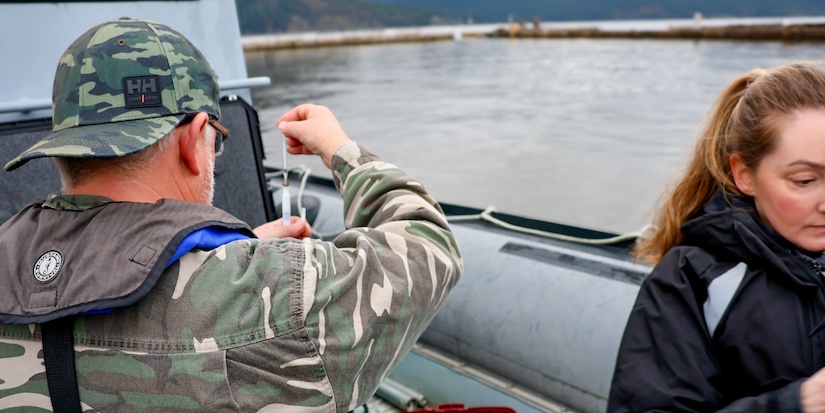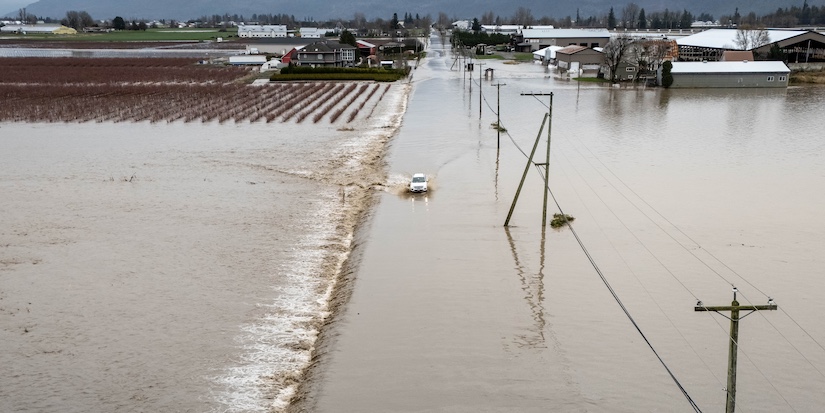Latest News
Moving forward with food recovery program

Published 11:32 PST, Fri November 15, 2019
Last Updated: 2:13 PDT, Wed May 12, 2021
—
In September of this year, Council took an innovative step forward in its efforts to promote circular economies and reduce food waste by approving a Food Recovery Program to redistribute surplus food.
The program is in partnership with FoodMesh, a local organization that has already proven to be successfully in other communities across BC. FoodMesh’s Food Recovery Network is an online exchange platform for food manufacturers, processors and retailers to divert unsold food inventory to secondary markets and away from waste streams. The program ensures edible food is connected to the highest value end use which includes meals, food production inputs, feedstock and compost.
With Council’s approval of a one-time financial contribution of $25,000, FoodMesh’s Food Recovery Network will expand into Richmond. The company has already established relationships with some large food retailers in Richmond as well as the Richmond Food Bank. This means that off-spec or surplus food would be sold to other business or donated to local charities and social groups.
This initiative directly supports two objectives in Council’s Strategic Plan, demonstrating leadership through:
• Environmentally conscious decision-making addressing climate change and promoting a circular economy.
• Demonstrating leadership through partnerships and exploring innovative, emerging economic practices.
Through broad engagement with local food businesses and other key stakeholders, the anticipated outcomes for the Richmond Food Recovery Network over a one year period are:
• Divert 225,000 kg of food from waste streams
• Create 300,000 meals for charity
• Generate $1.25 million in savings to food brands and charities
• Provide 50,000 kg of feed to local hobby farmers
Food loss and waste is a serious problem in Canada. About 58% of our food produced in Canada does not make its way to the dinner table. However, 32% of food waste is preventable. This data is from a report released in January 2019 by Second Harvest, a Toronto agency that works to reduce food waste.
Food waste that ends up in landfills produces a large amount of methane, a more potent greenhouse gas than carbon dioxide. Each year, food waste in Canada produces about 56.6 million tonnes of carbon dioxide equivalent emissions. They absorb infrared radiation and heat up the earth’s atmosphere, causing global warming and climate change.
There are people who desperately need food in communities across our country. One in every eight households in Canada is food insecure. In our city, the Richmond Food Bank served 3,484 users who visited 27,000 times in 2018.
Tackling food loss and waste has been a theme of the National Zero Waste Council over the past few years. It released a Food Loss and Waste Strategy for Canada in 2018 and called for a national goal of reducing food loss and waste by 50%.
In Richmond’s 2041 Official Community Plan, the recovery of food waste is a goal and it affirms that the City will establish and support initiatives that divert recoverable food from the waste stream for redistribution to local food banks.
The new Richmond Food Recovery Network Program is the latest step forward taken by the City in this direction.
For more information visit nzwc.ca and foodmesh.ca.































